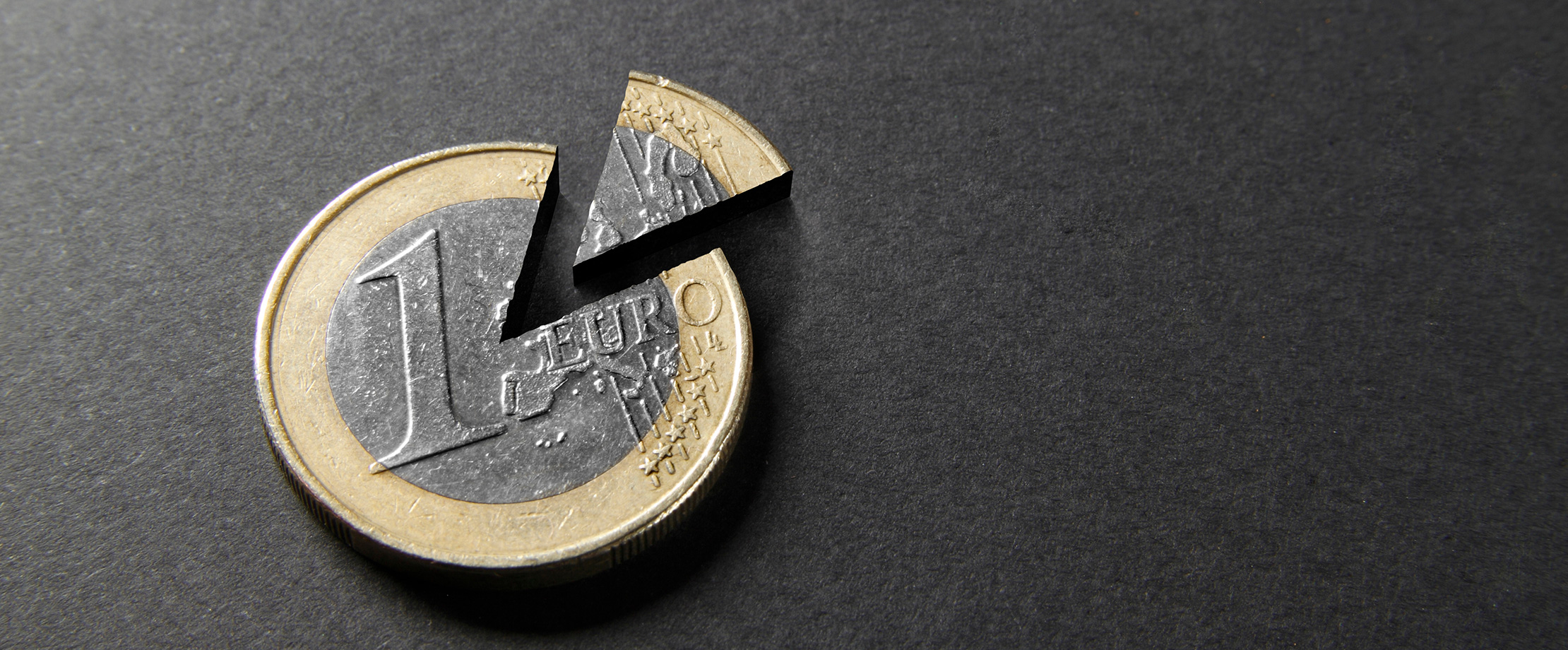Why Is Inflation Important for My Investment?
Inflation is the percentage change of prices compared to the previous year, i.e. the price increase. Due to inflation, money decreases in value: consumers lose purchasing power. Each person has their own individual inflation since it depends on one’s personal buying habits.
Your individual inflation is more important for your investment than the general consumer price inflation, which is calculated based on the “shopping basket” or “market basket”.
“Shopping Basket” & Individual Inflation
The market basket is a hypothetical set of goods and services, which is usually bought by households. Based on the market basket, the Consumer Price Index (CPI) is calculated, which is meant to represent consumers’ spendings. Central factors for this calculation are groceries, habitation and energy.
All of this sounds quite reasonable, but one should be aware that the market basket just depicts the average and not one’s individual inflation. Certain items in the basket are more important for everyday life than others; groceries are always important, while buying a new TV most certainly is not a fixed expense every year.
Your individual inflation will almost certainly be higher than the CPI, as your individual situation and purchases are not considered in the latter. Groceries are a good example for this. In the market basket, they may make up for 10% of the total cost. However, the lower one’s salary, the higher the percentage of expenditure of one’s income on food. This would lead to one’s individual inflation being higher than the one based on the market basket.
Inflation and Everyday Life
Habitation is one of the market basket’s main price factors. The prices for properties rise significantly. Across Austria, the value of property has increased 2.5-fold from 2000 to 2001, in some areas in Vienna even threefold. Prices of raw materials have increased by more than 10% in recent years. Energy prices have increased significantly from 2021 to 2022 alone.
Inflation affects the annual net income since average salaries are based on the CPI. This appears to be a logical conclusion: if goods and services become more expensive, people need to earn more to afford them. While this is true, due to the tax reform, salaries tend to rise more slowly than prices.
Inflation and My Investment
An inflation of about 7.2% leads to money having lost half of its value after ten years. The purchasing power of €100,000 will thus have decreased to €50,000; it will have reduced by half.
Inflation affects your investment in the same way as it affects salaries. For your investment to be profitable, you need to beat your individual inflation. The returns your investment yields must be higher than inflation.
If your investment beats inflation, it means that it has held its value. If inflation isn’t beaten, your investment might generate nominal returns, but your money’s value will have decreased in real terms.
However, this system also works in the other direction when it comes to debts and loans. If interest rates are lower than inflation, the amount owed decreases in real terms.
Example:
- In 2000 you take out a loan to buy a flat
- Loan amount: €250,000
- Loan term: 20 years
- Interest rate: 3%
after the loan term of 20 years, interest will have amounted to €83,000
- Additional costs:
- Incidental costs for the flat: €23,000
- Ancillary expenses & bank account fees for the loan term: €7,000
- The total costs for your investment amount to €363,000
(= loan + interest + incidental costs + ancillary costs + bank account fees) - Over the loan term your flat’s worth has increased 2.5-fold:
- Original price in 2000: €250,000
- Value in 2020: €625,000
This means that the increase in value of your flat is greater than the original expenses for buying it (€375,000 > €363,000)
The example shows the following: The property’s increase in value represents inflation. The investment’s total costs are significantly lower than the value your money would have lost since 2000 due to inflation if you hadn’t invested it.
The question now is: Has the flat’s value really increased so strongly or has inflation decreased money’s value so much? The answer probably lies somewhere in the middle.





